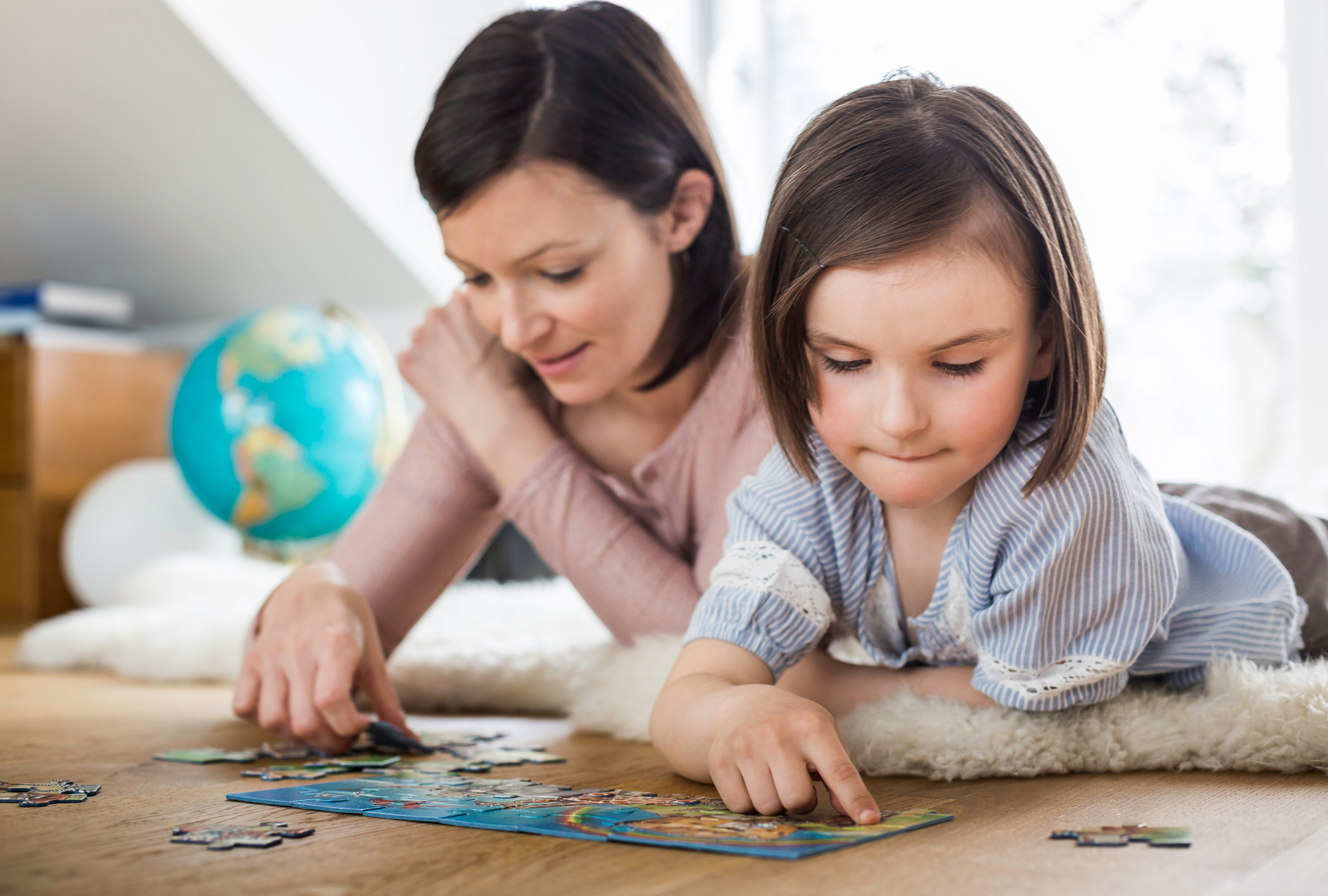Many professionals have likened our coronavirus pandemic experience to grief. Learn how to cope by practicing self-care during uncertain times.
The coronavirus pandemic has drastically changed our way of living. Our work lives are different. Our financial situations have changed. The way we socialize and the way we get through each day is new. With all this change, it is natural to experience a wide variety of emotions – both comforting and difficult emotions. Many mental health professionals have likened this experience to grief. The good news is, we are in this together. The pandemic will stabilize, and routines will return to normal. Until then, there are ways to cope with the uncertainty and perhaps even develop new routines that you will want to continue long after the pandemic resolves. Developing a self-care routine every day will not only help you learn to cope today but might lean into a healthier future after this subsides.
1. Be kind to yourself
We are experiencing uncertain times. As humans, our brains are designed to go on high alert when we are in unfamiliar situations. This is often referred to as the fight or flight phenomenon. This state of high alert combined with anxiety and fear can lead to reactive decision making. Recognize that these difficult feelings are normal and practicing self-care during uncertain times to maintain your lifestyle. You may have had to cancel significant life events such as a wedding or a graduation. It is normal to feel a sense of loss or experience grief. Be kind to yourself and to others. Have compassion for each other. Know that we are all doing our best to navigate this pandemic.
2. Focus on the here and now
One part of practicing self-care during uncertain times is being more mindful of your surroundings. It is natural to get lost in the uncertainty and allow our minds to perpetually fear the “what ifs.” If you notice your mind wandering down this path simply take note and gently refocus your attention to the here and now. Ask yourself these questions:
- What do you hear/see/smell?
- What room are you in?
- What are doing at this moment?
- Are you in immediate danger at this moment?
Once you refocus your attention, you may find yourself able to engage in a relaxation exercise such as muscle relaxation or a mindfulness activity. There are many free resources available for these, including Ten Percent’s live guided meditation every day at 2pm CST (www.tenpercent.com).
3. Savor the moment
Be intentional about finding joy in your day. This can be in the form of scheduling self-care activities that you enjoy, learning a new hobby, accomplishing something on last year’s to-do list or enjoying a relaxing bubble bath. Use this as a form of purposeful reflection. A great tool for this is a gratitude journal. Gratitude journals give us a platform to think about our day with an emphasis on what went well and what we enjoyed. Savoring the moment is an important tool in helping us to maintain a balanced perspective and ease into a healthy self-care routine.
4. Limit exposure to news
High focus on news stories can lead to increased feelings of anxiety, curbing your self-care maintenance. You can remain informed without having news broadcasts playing all day. Consider giving yourself a time limit on watching/reading the news or limiting your sources for information to the most reputable ones. Consider choosing one news broadcast per day. Official guidelines from the U.S. Centers for Disease Control and Prevention (the CDC) and local health departments can keep you up-to-date on the latest best practices for staying healthy.
5. Maintain a self-care routine and structure
Almost all of our routines have been impacted by the pandemic. From the way we shop for groceries to the way we engage with our work and home lives. Sometimes these changes can impact our sense of self and safety. Having a reliable routine is particularly important for children to help them feel safe. Consider the following activities when making your own self-care routine:
- Bedtime and wake up time: Our sleep patterns play an important role in our overall health and mood. Sticking with your normal bed and wake times helps your body and mind to restore themselves.
- School or work time: With new work arrangements, some from home, it can be difficult to achieve a work-life balance. Scheduling your work or school hours is an effective way to restore that balance.
- Exercise/Active time: Being active is an excellent way to improve your mood and health. Taking walks with your pet or family members can be refreshing and relaxing.
- Mealtime: Mealtime is a necessary function for all of us. This is a time to nourish yourself and connect with others. If you are separated from loved ones, video chat dinners can help you to feel connected.
- Playtime: For children, playtime is as important as school time. Children explore and resolve complex feelings through play. As adults, we also need an activity to look forward to. This can include a jigsaw puzzle, adult coloring activities, or reading a book.
- Social Time: Social distancing has changed the way we physically interact with others and where we interact. It’s time to be creative about how we maintain connections. Were you an avid trivia player before COVID-19? Consider using technology to video host a trivia night. Were you a concert goer before? Consider attending concerts now being broadcast over the internet or on TV.
- Medical Care: Many routine medical services including sick visits, therapy and psychiatry have developed telehealth service lines. Keep your appointments with your telehealth providers. Schedule new appointments if you notice something that would benefit from professional assessment or support. Seek treatment for anxiety, depression, and/or trauma that may be new or worsening during the pandemic.
This post was written by Anne O’Halloran, LCSW, who is Director of Social Work & Therapeutic Services at Vanderbilt Psychiatric Hospital.

Vanderbilt Behavioral Health offers highly specialized and personalized care for children, teens and adults. Click here to learn more about Vanderbilt’s range of outpatient and inpatient services.

